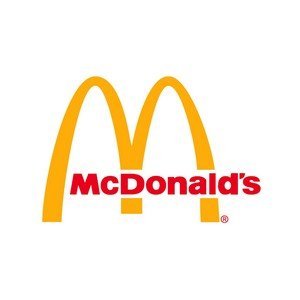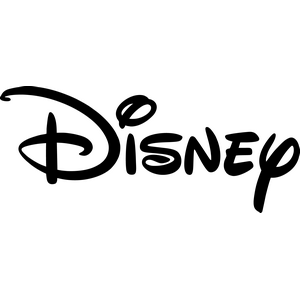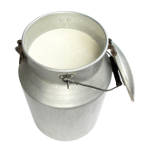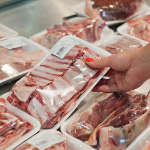
After the "Horsegate" scandal, more and more consumers and their representative associations are demanding the indication of the origin of meat for human consumption. 40 European organisations regrouped within the European BEUC structure have just launched an awareness campaign, named "Where is my meat from?".
European legislation should change on 1 April 2015 with the application of the EU execution regulation no. 1337/2013 requiring professionals to indicate the country or place of origin of fresh, refrigerated and frozen meat from swine, sheep, goats and poultry. However, this new system does not concern meat that has been transformed and integrated into other prepared products (cooked meals, cold meats...) leaving the packaging without information for consumers. Whilst some brands already make the effort to specify the origin of raw meats, those of transformed meats are largely overlooked.
So, the "Where is my meat from?" campaign lets consumers discover the supply chains for these types of products. A clear, fun chart on the dedicated website, "Where is my meat from", lets you discover the labelling differences between raw and transformed meat, from the birth of the animals to their slaughter. The aim of this operation is to reach a labelling requirement for all meat-based products, indicating place of birth, rearing, slaughter and preparation of animals.
BEUC invites consumers to share this chart and photographs of product labels clearly indicating the origin of the meat used in their preparation.
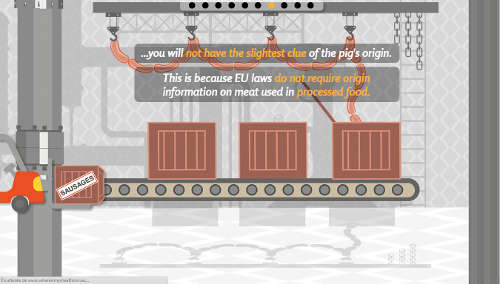
*Illustration from the "Where is my meat from" site: http://www.whereismymeatfrom.eu/fr#anchor-u6432
News in the same category
As McDonalds opens its first take-away only outlet with new trading name and reduced menu, fast food just got faster, on London’s Fleet Street.
Birmingham is set to have the crowds rolling in from the 11th April, with the opening of the new Birmingham city centre store Primark, and its Disney themed café.
In addition to being located in the heart of the Huis Ten Bosch theme park in Japan, the future Henna-na hotel will have the specificity of employing humanoid robots, whilst room access keys and cards give way to facial recognition.
Cannabis seed-fed cows, really? Well, actually it's hemp seeds, and the amount of THC is so low that there is no risk to drink it.

